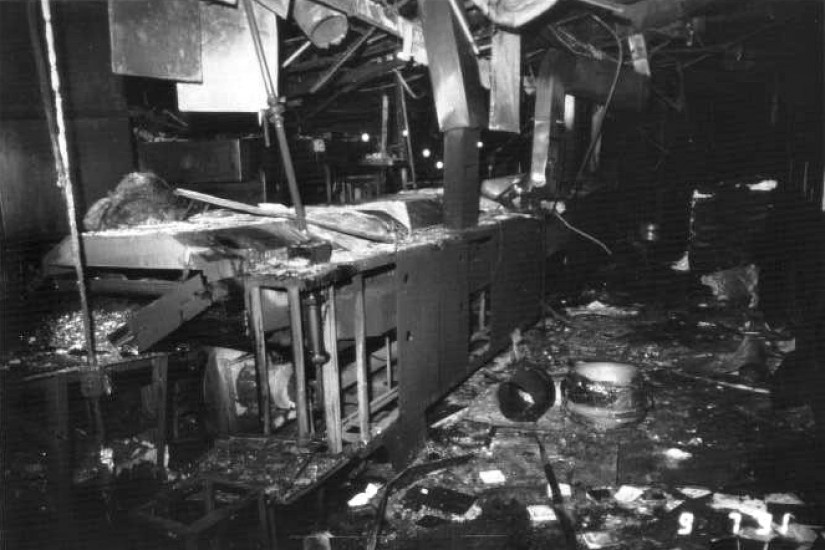On September 3, 1991, the Imperial Food Products plant in Hamlet, North Carolina burst into flames. Twenty-five people died, trapped behind the locked doors of the red-brick factory. Most of the victims were women; many were women of color, most were single moms. Another sixty people were injured, and the blast left more than fifty children orphaned. Local officials called the fire an accident, but the women and men who worked at Imperial had been made vulnerable by the factory’s owners as well as public policy. Their gruesome deaths came, in no small part, as the result of pushes to slash oversight budgets, wipe regulations from the books, and become lax in the enforcement of health and safety laws, especially those that might have protected people left precarious by declining rates of unionization and pushed to the economic and political margins of society.
Worse, the “Hamlet Fire” came eight decades after the infamous Triangle ShirtWaist fire in New York City, which 146 workers—most of them immigrant women—died in a locked, burning factory. This wasn’t supposed to happen anymore.
The nation’s workplaces were supposed to be safeguarded by decades of measures put in place by Progressive reformers, New Dealers, and even moderate Nixonian Republicans. The lives of those victims, those poor white immigrant women, and the lives of many white male workers, were deemed, for a time, worthy of protection. But as the nation’s workforce changed, as women and people of color occupied more and more manufacturing and service jobs, that commitment started to ebb. The economic restructuring of the 1970s further eroded support for government safeguards. During the Reagan Years, calls for cost-cutting and de-regulation promised an economic revival. While these actions boosted profits, they brought the country, and especially the working poor, back to the past, back to the Gilded Age that guarded only a few lives and rendered the rest disposable. Today, the same calls echo in the halls of power. The nation’s workers will certainly bear the true costs of the Trump Administration’s hasty and haphazard rush to deregulation. After all, those who forget the past run the risk of repeating it; really of imposing it on others.
